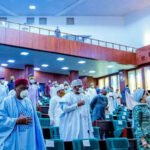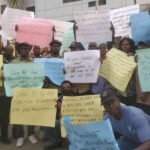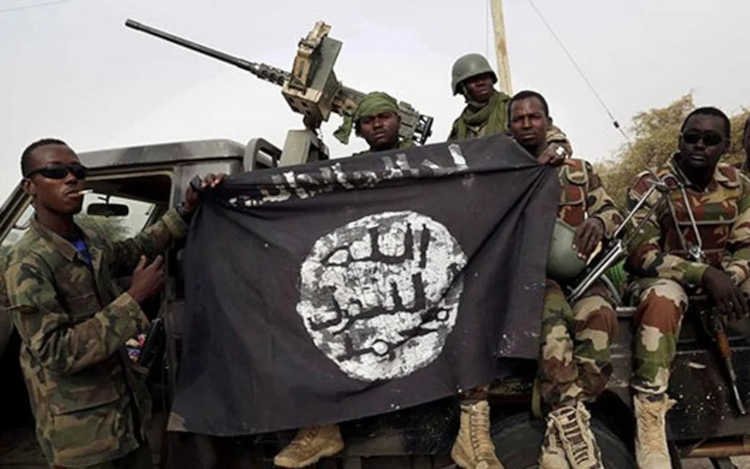Allegations by U.S. Congressman Scott Perry that USAID funds may have been diverted to terrorist organisations in Nigeria raise serious concerns about the country’s efforts to combat terrorism financing.
Development Diaries reports that Perry made the claims during the inaugural hearing of the Subcommittee on Delivering on Government Efficiency.
For over a decade, Nigeria has struggled with insurgencies led by Boko Haram and the Islamic State West Africa Province (ISWAP).
Reports from organisations such as the Financial Action Task Force (FATF) and the Global Initiative Against Transnational Organised Crime (GI-TOC) have documented instances where humanitarian aid, intended for crisis-affected populations, has been diverted to armed groups.
In 2022, the U.S. Department of State Country Reports on Terrorism also highlighted weaknesses in Nigeria’s financial monitoring mechanisms, which have been exploited by illicit actors.
The persistence of terrorist financing through humanitarian channels not only undermines Nigeria’s counterterrorism efforts but also threatens the credibility of its anti-money laundering framework.
The Special Control Unit against Money Laundering (SCUML), operating under the Economic and Financial Crimes Commission (EFCC), is tasked with monitoring the financial activities of designated non-financial businesses and professions (DNFBPs), including NGOs.
Given the EFCC’s mandate to combat financial crimes, any indication of lapses in its oversight mechanisms might lead to questions about its transparency, efficiency, and commitment to its objectives.
Development Diaries, therefore, calls on SCUML to conduct an immediate and comprehensive audit of all registered NGOs receiving foreign donor funds, particularly those operating in terrorism-prone regions.
Additionally, we urge the Senate and House of Representatives Committees on Anti-Corruption, National Security, and Finance to launch an independent Enquiry into these allegations.
Only through strict financial oversight, transparent investigations, and a commitment to strengthening anti-terrorism financing mechanisms can Nigeria ensure that humanitarian aid reaches those in need while preventing illicit diversions that fuel insecurity.







